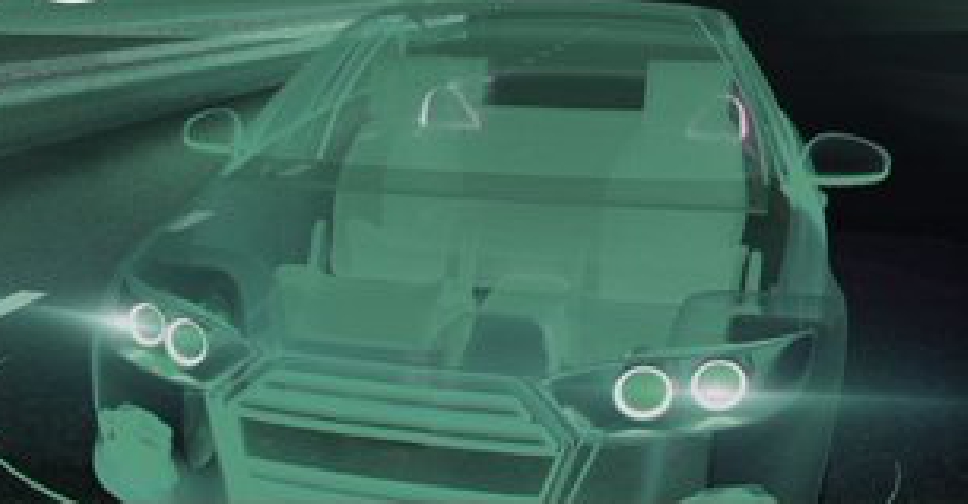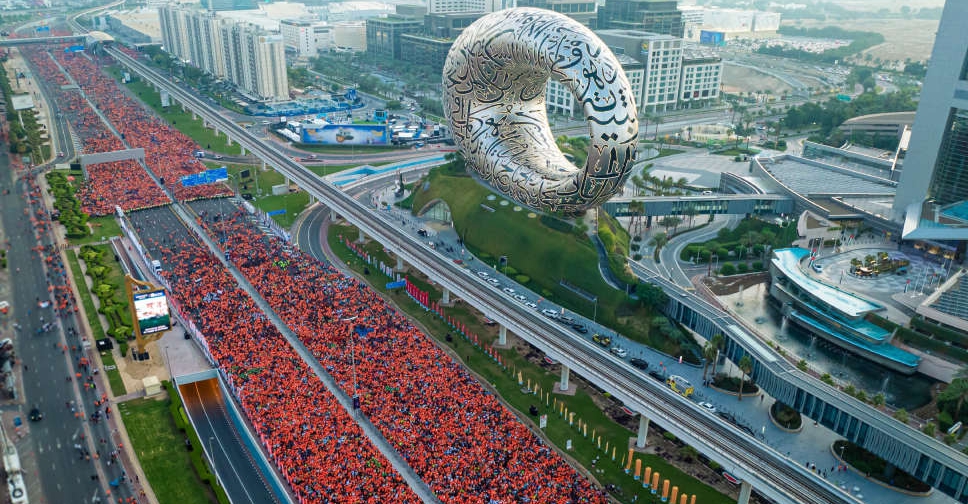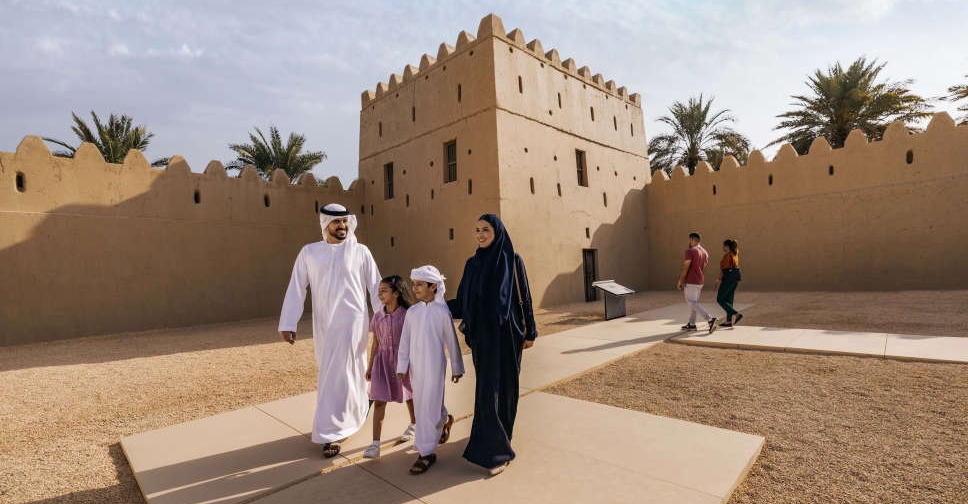
Trial operations of driverless vehicles have been scheduled to get underway in Abu Dhabi during the last quarter of 2021.
The Department of Municipalities and Transport (DMT) has signed a cooperation agreement with Bayanat, a G42 company.
Under the deal, DMT and Bayanat will cooperate in the autonomous car trials to transport passengers in the emirate.
This agreement supports the Department's smart transport strategy and aims to develop innovative mobility solutions through its Integrated Transport Centre (ITC).
ITC is responsible for establishing the necessary infrastructure for the self-driving vehicles within an integrated and sustainable system.
.@AbuDhabiDMT has partnered with Bayanat, a G42 company, to run trial operations of driverless vehicles in #AbuDhabi from Q4 of 2021. pic.twitter.com/Ufr0bu8f4G
— مكتب أبوظبي الإعلامي (@ADMediaOffice) March 23, 2021
Commenting on the signing of the agreement, Abdullah Al Marzouqi, Director General of ITC, said the launch provides an opportunity for the private sector, a vital strategic partner in the local development process, to participate in the smart transport industry.
The first phase involves three vehicles operating on Yas Island at pick-up and drop-off points for hotels, restaurants, shopping malls and offices.
While the second phase will involve more than 10 vehicles in multiple locations across Abu Dhabi.
The service will be free of cost in both phases, and will be provided from 8:00 am to 8:00 pm, with the presence of a safety officer in the driving seat, to facilitate the operation and ensure the highest security and safety standards.
Bayanat will provide comprehensive support to the programme, including vehicle safety testing, central security and operation management platform, as well as overseeing the autonomous vehicle operations for compliance with traffic laws and its executive regulations in the UAE.
The cars are able to sense the surrounding environment and navigate without human intervention.
They rely on mapping algorithms and data obtained from multiple built-in sensors to determine the path of the road.
Typical sensors include technical systems similar to radars, and a stereoscopic vision system, Geographic Positioning System (GPS), Optical Object Recognition System, and Real-time Positioning System.
The two parties will also cooperate within the framework of the signed agreement to explore trends in the autonomous vehicle industry, the latest technologies and innovative solutions in the field.

 Road closures announced for Dubai Run
Road closures announced for Dubai Run
 Dubai Airports welcomes travellers with special stamp
Dubai Airports welcomes travellers with special stamp
 UAE steps up support for Sudanese refugees in Uganda
UAE steps up support for Sudanese refugees in Uganda
 Al Ain to host 53rd Eid Al Etihad official ceremony
Al Ain to host 53rd Eid Al Etihad official ceremony
